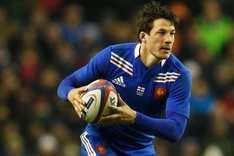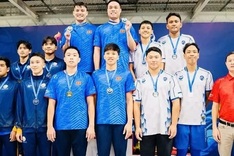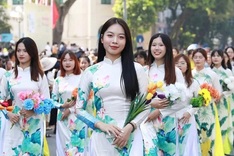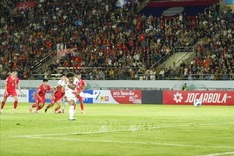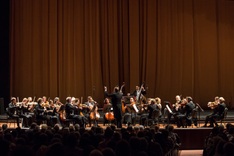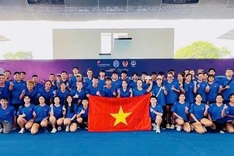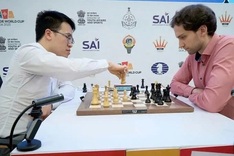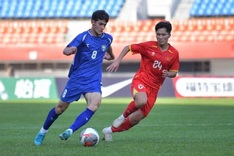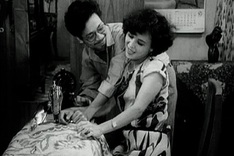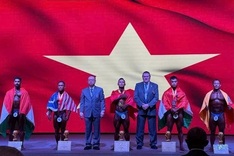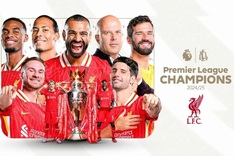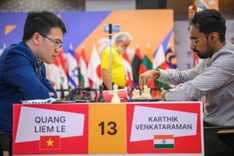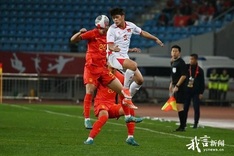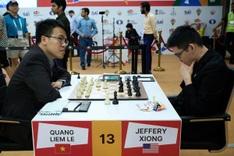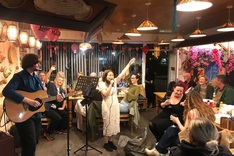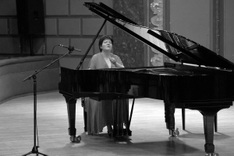V-League teams Dong Thap, Nam Dinh and Thanh Hoa have three weeks to convert their clubs into profit-making businesses in order to avoid relegation under requirements established by the Vietnam Football Federation.
 |
| Business model: Hoang Anh Gia Lai are one of 11 V-League clubs that operate as businesses. Photo by VNA. |
In a meeting last month, the federation asked the three V-League clubs and five first division teams to reorganise by the end of August.
Nam Dinh have already been relegated and they will play in the lower first division next year, while Dong Thap and Thanh Hoa must expedite their business plans in order to avoid relegation.
"We are sure that we will meet the deadline," said Dong Thap manager Le Ngoc Chuc. "The team have completed most of their plans, but we have yet announce who owns the club. Currently, Rubber Group is set to sponsor the team until 2012."
Thanh Hoa recently inked a contract with the local Youth Business Association.
"All Vietnamese clubs had 10 years to convert into profitable business organisations," said federation vice chairman Pham Ngoc Vien. "V-League teams must be managed under a business model before they participate in the national football league next season."
Vien, who heads implementation the league\'s equitisation plan, said the Asian Football Confederation required Vietnamese clubs to reorganise in order to effectively promote the professionalism of the country\'s league.
"Vietnam football has until the end of 2013 to fulfil the AFC requirements," Vien said. "The Viet Nam Football Federation is an AFC member and the league must play by the rules established by the AFC and FIFA.
"We must strive to improve our professional football league and abandon decades of backward management," said Vien.
Following the league\'s renovation in 2000, 11 V-League clubs are now owned by businesses, including Dong Tam-Long An, Binh Duong, Hoang Anh Gia Lai, Hai Phong, Hoa Phat and Ha Noi T&T. However, none of the teams in the V-League are profitable.
"Each team needs a good owner who can help the team make money in different ways," said Hoang Anh Gia Lai Group chairman Doan Nguyen Duc. "For example, a football team\'s revenue comes not only from ticket sales, shirts and advertising, but also from real estate and player transfers."
Duc, who is commonly referred to as the "Vietnamese Abramovic," claims that "teams must abandon the State budget to make money themselves from football or other business. It\'s the right way, even if it\'s risky from beginning."
Three years ago, Gia Lai built a $4 million football academy in co-operation with the English club Arsenal. The Central Highlands team hopes to earn money by transferring elite players from the academy in the future.
Other V-League teams, such as Dong Tam Long An, Binh Duong, Hai Phong and Ha Noi T&T, are owned by various businesses, including tile manufactures, securities companies, cement producers and real estate developers.
A number of V-League clubs in the past two years have had to pull out of the AFC Champions League because they had failed to turn professional.
Duc said that he was pleased with the direction in which Vietnam football was heading, not only because of the success of his team, but because football would provide more opportunities to the nation\'s younger generations.


